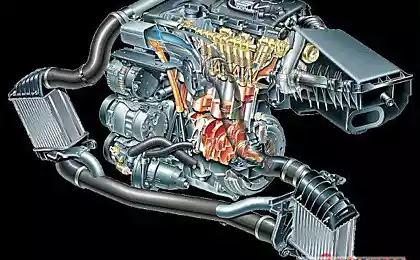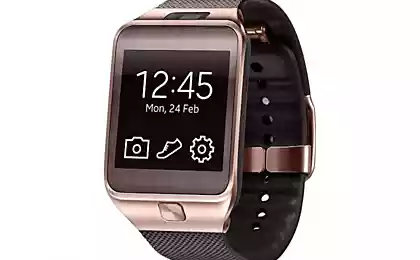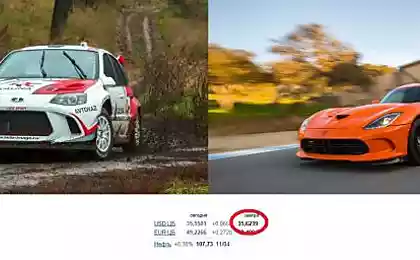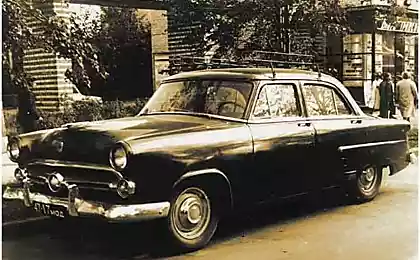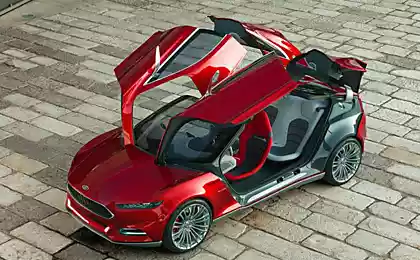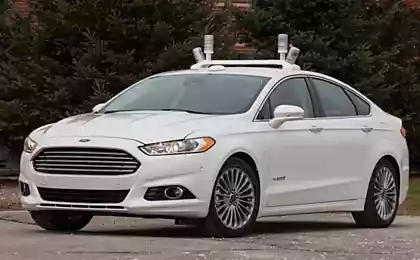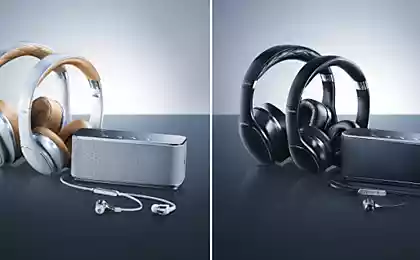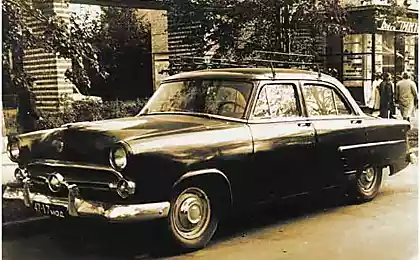438
New batteries Ford and Samsung will make the car more economical
Ford Motor Company and Samsung SDI North America has announced several new developments in the technology of hybrid vehicles, which can be used in conventional cars, which will improve their performance, primarily efficiency.
The result of ten years of research by the company has developed a dual battery combines lithium-ion and lead-acid batteries that will allow you to apply a common electrical transport regenerative technology in conventional cars with internal combustion engines.
"Currently, we are expanding start-stop technology on 70 percent of our lineup, and this dual-battery system has the potential to bring even more benefits of hybridization to our vehicles for greater economic efficiency in all areas, said Ted Miller (Ted Miller), the Ford senior Manager of strategy and research energy savings. — This type of battery is able to provide a solution in the short term for greater reduction of carbon dioxide".
Regenerative technology used in hybrid and electric Ford cars allows you to return up to 95% of the energy normally lost by braking. Dual battery installed in a conventional car, will accumulate the returned energy to use it in the mode of short stops to supply the electrical devices of the vehicle when forcibly start-stop system shuts off engine while brake pedal pressed.
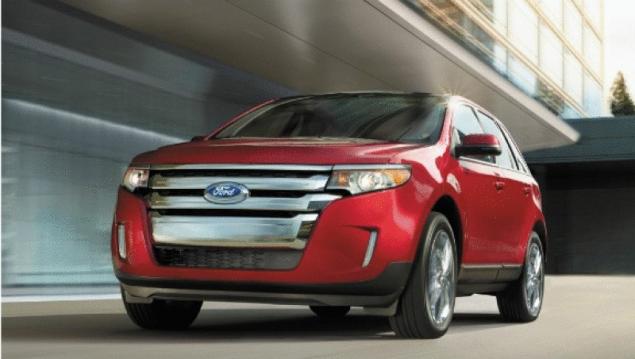
In addition, the two companies are conducting joint research to create an ultra-lightweight lithium-ion battery designed to fully replace the heavy lead acid batteries.
"Lithium-ion batteries typically used in consumer electronics because they are lighter and have higher energy density, which makes them also ideal for car — said Mike O'sullivan (Mike O'sullivan), Vice President, Samsung SDI North America. — Battery technology is developing rapidly, and lithium-ion could one day completely replace traditional 12-volt lead-acid batteries, providing better fuel economy."
Lithium-ion batteries currently used in electric and hybrid vehicles by 25-30% less than Nickel-metal-gedrite analogues of the previous generation and have about a third more specific capacity.
New ultra-light batteries will reduce the weight of batteries by up to 40% compared to conventional lead-acid technology, which together with other solutions for weight reduction will significantly improve the efficiency and performance of vehicles.
Source: facepla.net
Scientists believe that Dracula was buried in Naples
Injections of oxytocin are good for bones and muscle mass in the elderly







